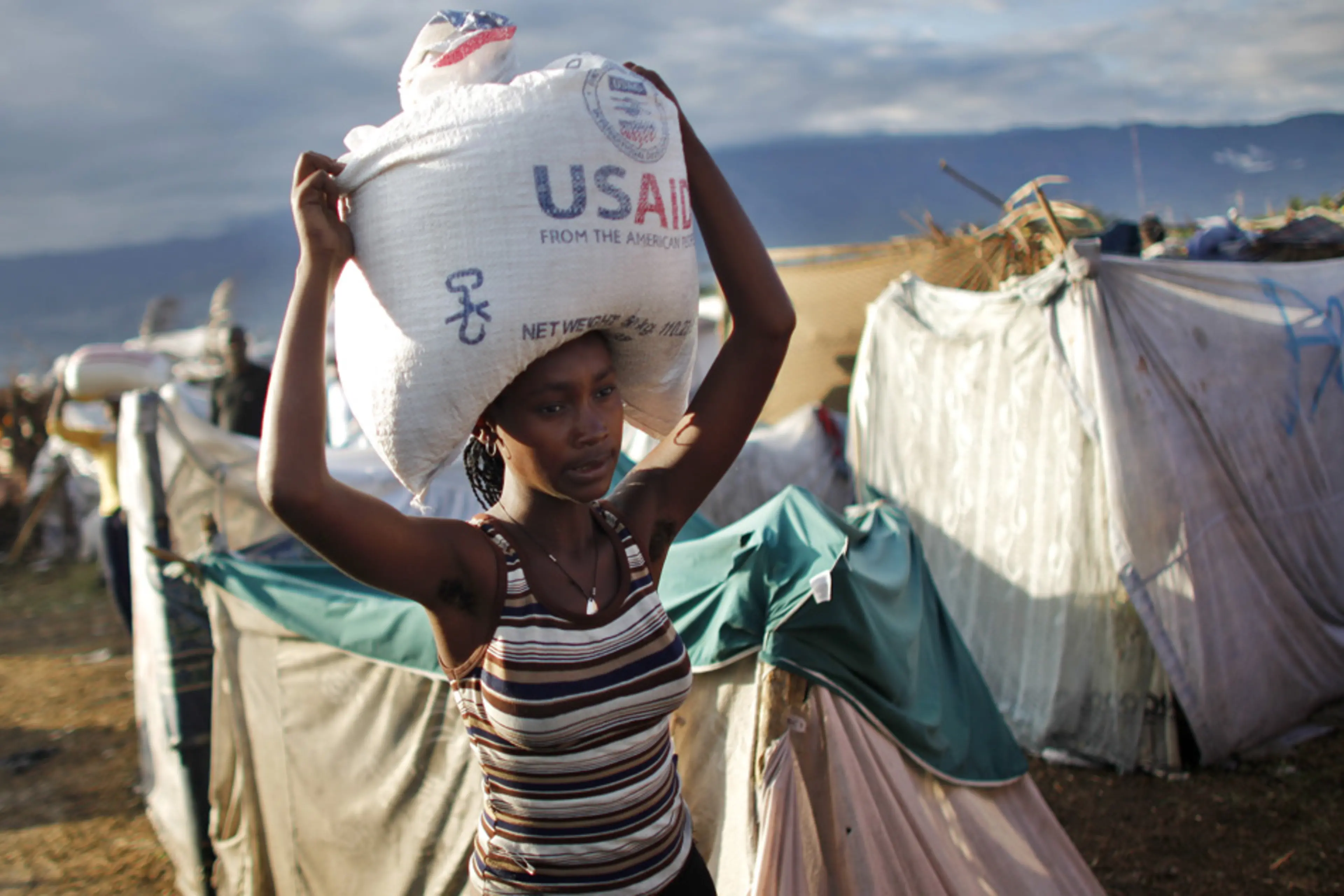Intro
The concept of charity and aid to a country in need being potentially a bad thing is an idea completely new to me. Previously, I never would have considered that a possibility. The arguments presented in this documentary are compelling and seeing the practical impact that government aid has had on the markets in these countries is concerning. It makes sense that charitable people’s first instinct is to give to the poor, especially after a natural disaster, as is the case in some of the countries discussed. But one of the people interviewed put it nicely when they said that they do not want to be reliant on foreign aid all their lives. No one among them wants to live as a beggar their whole life. The foreign aid in these countries disrupts the natural local marketplaces, blocks local entrepreneurs from opportunities, and only profits the foreign governments and their workers. The writer they interviewed was spot on when he called it “neo-colonialism”.
Foreign Aid
It seems corrupt to me that the workers who are pouring into these countries are being paid so much tax-free income, meanwhile, the very people they are being paid to help are suffering in the long term because of their aid. They secure a hefty income for themselves while their aid ruins the chance of the locals to create or maintain their own businesses that they would use to secure their own income. This creates a cycle of dependency that only the foreign aid workers profit from. While they may provide free goods to the people, the people have no way to break away from the system and create their own income to sustain themselves. One of the men interviewed, the British guy, had no problem telling it how it was. He admitted that he was paid very nicely, paid no taxes, got to travel the world, and had servants. He said he was able to build his first house with money made from being a foreign aid worker. He even laughed at how ironic it was and how broken the system was. It is so backwards that these workers can secure themselves a reliable form of income while preventing the people they claim to help from doing so.
Adoption
The system for adoption in these countries is also clearly broken. The stories told highlighted that the system for adoption skewed the incentives of parents. The couple that was contemplating adoption of a child realized many of the issues when they went to pick up the child. The mother of the child visited them regularly in the orphanage. She didn’t abandon her kid, she just couldn’t afford to feed them and so taking them to the orphanage was a better alternative than letting them starve. What parent wouldn’t make that decision to save their child? This also skews the incentives of potential adoptive parents. Who wants to take a child from their mother that still visits every week at the orphanage and had no other choice to save their child? The lady claimed that an orphanage of around 100 kids would cost around $400,000 a year if I remember correctly. While those numbers may not be exact, or I may have remembered the number of kids incorrectly, I still feel that any such substantial amount of money would be better spent on a way for the families to support themselves and their children. That may be just through straight donations, or loans, or some other business application like the one the woman started for the parents to make jewelry to sell. There still is the case of children who end up in the orphanage for other reasons, so I don’t believe that there should just be no orphanages, just that there should be another system in parallel that better serves the needs of parents who just want to keep their child alive, because the current system creates situations that are heartbreaking.
Bonsai People
Towards the end of the documentary, there was a quotation that I think aptly sums up the issue as a whole. Muhammed Yunus said, “To me, the poor are like Bonsai trees. When you plant the best seed of the tallest tree in a six-inch deep flower pot, you get a perfect replica of the tallest tree, but it is only inches tall. There is nothing wrong with the seed you planted; only the soil-base you provided was inadequate. Poor people are bonsai people. There is nothing wrong with their seeds. Only society never gave them a base to grow on.” I think this perfectly describes the approach that foreign aid takes to solving the problems of poverty. People in poverty are viewed as “less”, whether that be less capable, less educated, or any other term. This leads to people thinking they need to give them what they need to survive. In doing so, they prevent impoverished people from standing on their own two legs and creating value for themselves. They assign them a six-inch deep flowerpot. They rob them of their potential and disrupt the marketplaces that they would rely on for income. Foreign aid forces the impoverished into the life of a beggar and outstays its welcome to further the interests of its giver.
